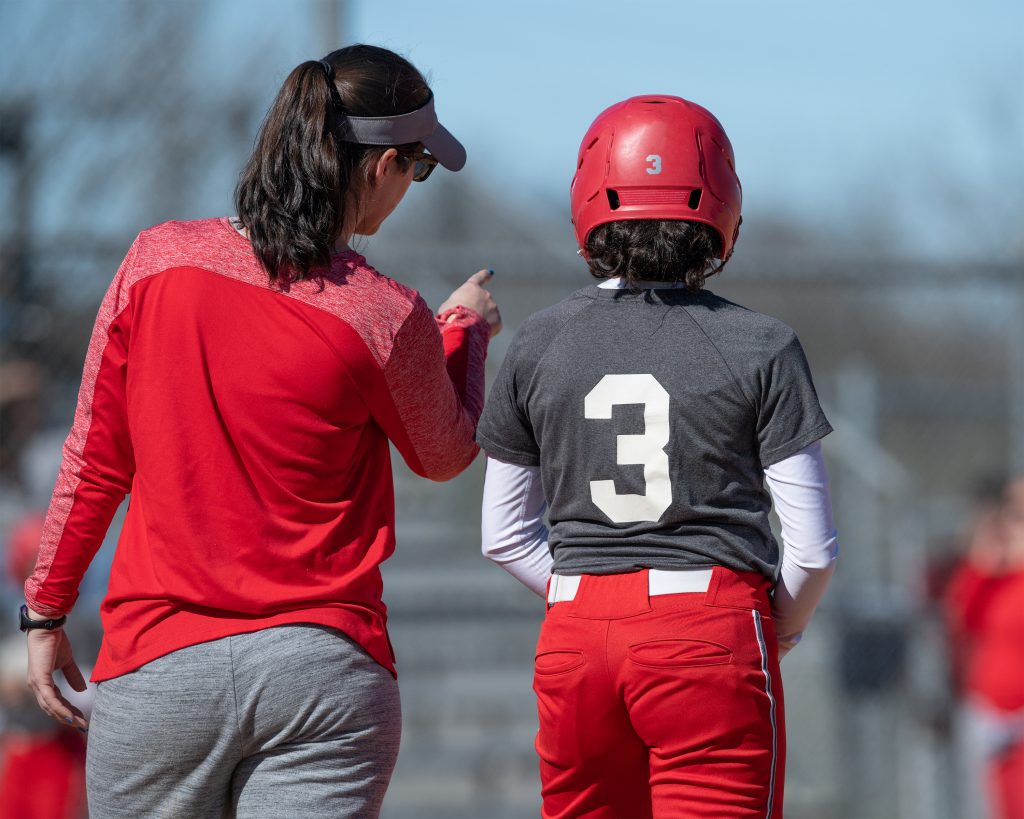Youth Behaviour Trajectories
Longitudinal studies allow us to observe behavioural changes and identify patterns over time, providing unique insight on how behaviours are affected by life events. New research using data from the Monitoring Activities of Teenagers to Comprehend their Habits (MATCH) study, which followed nearly 1,000 children for eight years, describes how Canadian youth follow different trajectories…
The Psychological Implications of Returning to Sport Post-Isolation

As public health restrictions begin to lift across the country, the return to some form of sport participation will require adjustment and adaptation. As athletes return to sport, the virus is still present, and so is the uncertainty. The cancellation of sport events and the imposition of stay-at-home and physical distancing protocols over the last…
The Science Behind Procrastination
New research led by David Hardisty, professor at the UBC Sauder School of Business, investigates the science behind why we procrastinate and how excitement, anticipation, and dread factor into decision-making. To break the cycle of procrastination, Hardisty recommends changing the language of how you think about negative tasks. Instead of “having to” go for a…
Aging expectations and physical activity behaviours

Project Summary A developing area of research focuses on ‘successful aging’, which has the central objective of discovering significant predictors of optimal health in later life so that risks of disease and disablement can be targeted and reduced. From this research, there is evidence indicating beliefs that older adults have of their own aging process…
Impact of COVID-19 on physical activity
As Canadians retreated to their homes to limit the spread of COVID-19, researchers from the University of the Fraser Valley launched a study to examine how life in lockdown would affect physical activity and wellbeing. Research results show those who became more active during the pandemic reported lower anxiety than those who spent less time in outdoor physical activity;…
Exercise and Resiliency
The COVID-19 pandemic is increasing the risk of experiences of psychological distress and poor mental health. Researchers at McMaster University have shown that 30 minutes of moderate-intensity aerobic exercise three times weekly can boost mood, reduce psychological distress and decrease symptoms of depression and anxiety. Like strengthening a muscle, exercise “tones” the stress system making…
Youth & COVID-19
“It’s quite possible that youth are having difficulties coping with the lack of structured learning, friendly competition, and most of all, social interaction with teammates that comes with participation in sport.” University of Alberta youth sport researcher Nick Holt recommends keeping kids connected to the benefits of sport through backyard practices, engagement in fun social…
7 A’s of Active Aging
Older male adults can be a particularly hard-to-reach group when it comes to physical activity programming. In this SIRC blog, researchers break down the 7 A’s of Active Aging to improve understanding on how to design and deliver tailored physical activity programs.
Predictors of excessive exercise in anorexia nervosa

Project Summary The present study was aimed at determining a model that would predict excessive exercise in individuals with anorexia nervosa. This is very important because exercising excessively while underweight, as can be the case in certain forms of sport participation, has been shown to have dangerous health consequences, and has been linked to negative…
Exercise & Infection
Did you know that physically active people are up to 50% less likely to get an upper respiratory tract infection than people who are less active? In fact, moderate-intensity activities like brisk walking have been shown to reduce the risk of pneumonia — a complication of viruses like the one that causes COVID-19 — by…